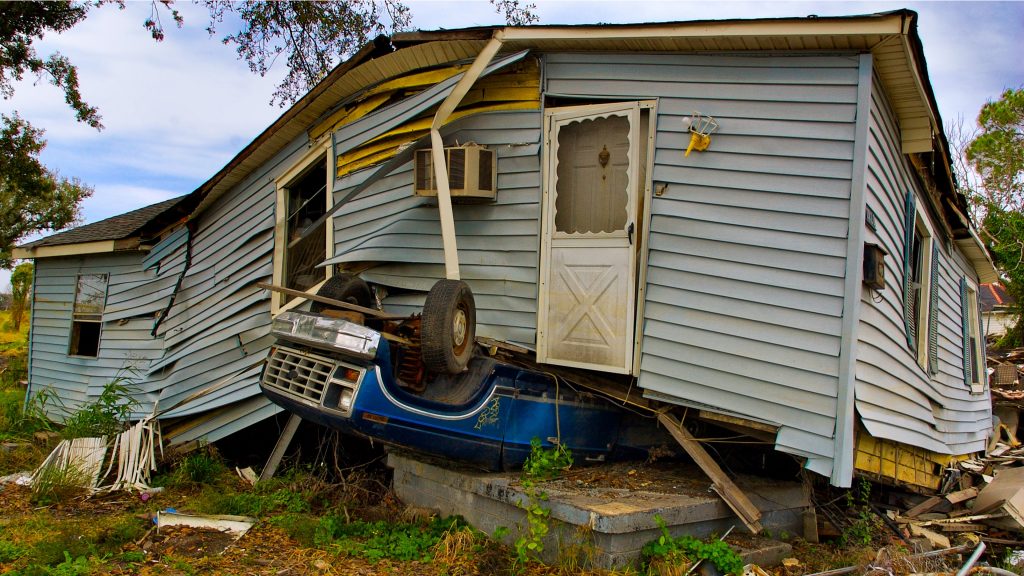
Risk mitigation pays off: How Disaster Risk Reduction is changing
Risk landscape has significantly changed in recent years, and further changes are expected in the near future. DRR have to evolve consequently.

Risk landscape has significantly changed in recent years, and further changes are expected in the near future. DRR have to evolve consequently.
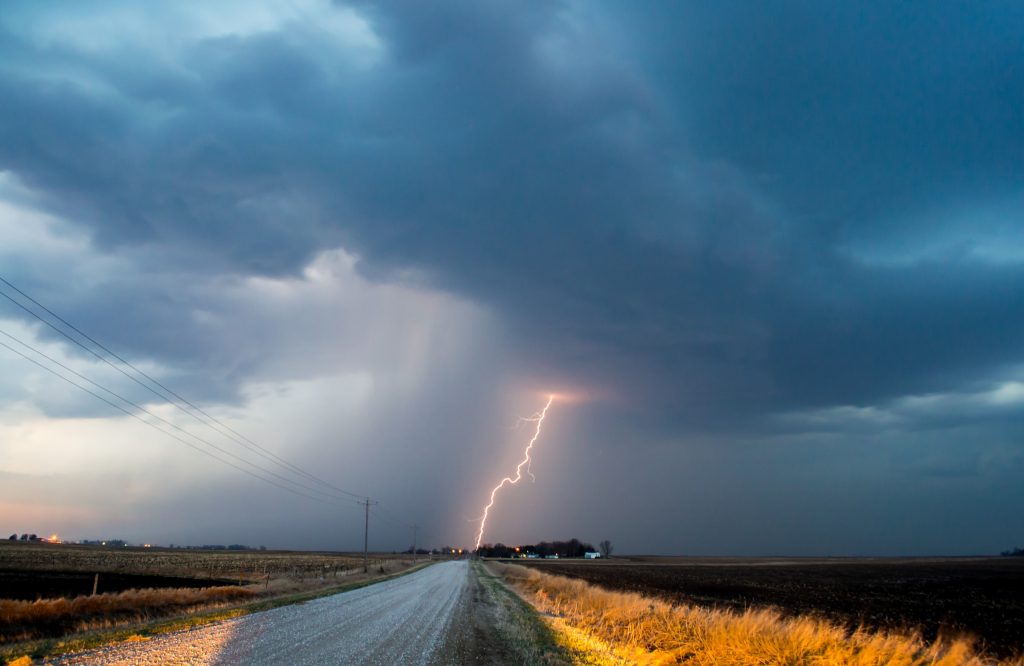
Climate change is altering the way in which insurers offer their services. Higher premiums and lack of affordable coverage in disaster prone areas are highlighting the need for novel ways of insuring against climate change related risks.

Climate change constitutes imminent and lasting threats to food security. Smart farming helps agricultural processes in terms of resource optimization, controlling climate effects, and improving crop yields. An overview of the future of agriculture through climate sciences.
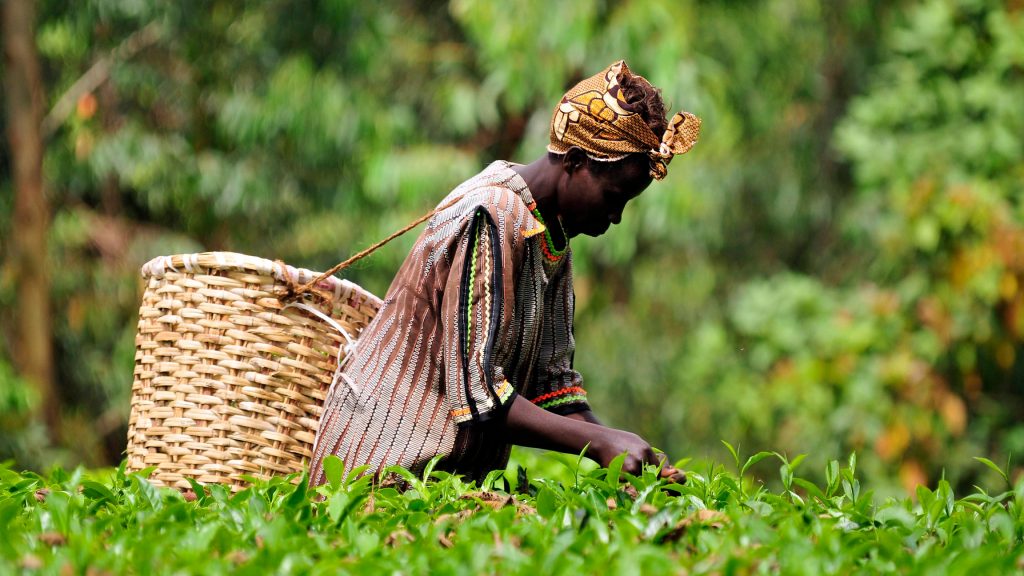
Africa is one of the most vulnerable continents to climate change and variability, a situation which is further aggravated by its low adaptive capacity and the interaction of factors such as poverty, energy demand and rapid urbanisation.

Africa stands at the forefront of the disproportionate impacts of climate change despite having contributed minimally to global greenhouse gas emissions historically. In September, the first Africa Climate Summit aimed at finding common finance solutions to foster a green and sustainable growth for the continent. The results are summarized in the Nairobi declaration, highlighting the urgency of a strong climate finance strategy, throughout the continent and at an international cooperation level.
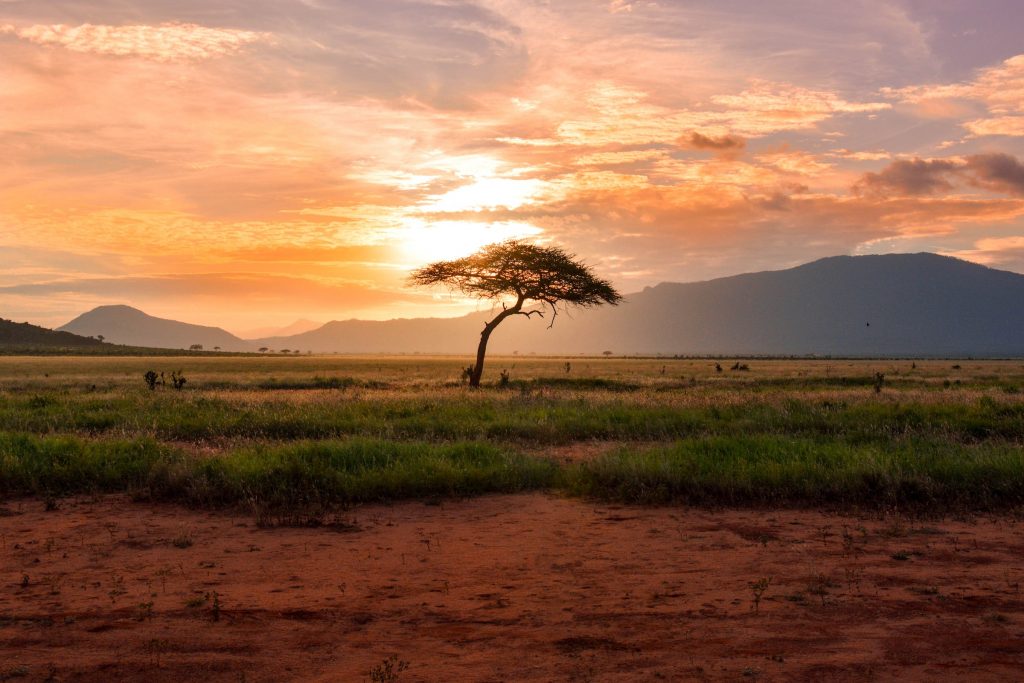
The African continent contributes less than 5% of global greenhouse gas emissions and its growing population suffers from some of the lowest access rates to electricity in the world. Yet, it is also home to some of the fastest growing economies and incredible renewable energy potential. Linking future growth to renewables is key to both the continent’s successful development and achieving global climate goals.

Decoupling emissions from economic growth is seen as a key requisite for meeting climate targets. How do we achieve this? “Energy efficiency resources are infinitely expendable resources of ideas, depleting only stupidity, a very abundant resource,” says Amory Lovins.

The International Energy Agency’s (IEA) latest report sets a roadmap for net zero emissions by 2050. From progress and positive signals, to bottlenecks and rising challenges we look at how researchers, media and NGOs have reacted to the report. “Governments need to separate climate from geopolitics, given the scale of the challenge at hand,” says IEA Executive Director Fatih Birol.

A summary and collection of visual aids that help us better understand the true extent of the 2023 wildfire season in the Northern Hemisphere.
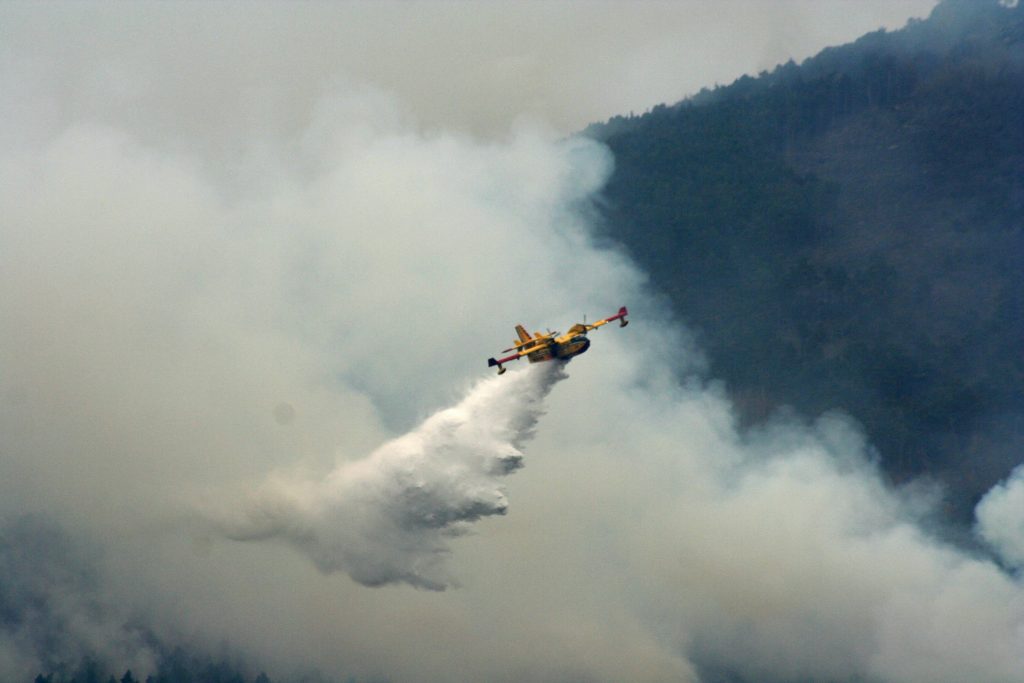
Fire has always been an integral part of human civilization and a key ecosystem process. Fires influence vegetation growth, environmental conditions, and even our climate. However, a changing climate and human interactions through land change use and forest management are having an impact on the intensity and frequency of wildfires. So, what can we do about it?

Diseases spreading to new corners of the globe as local climates become more suitable, vulnerable members of society killed by extreme events, reduced ability to work and faltering food security. A collection of CMCC reports, papers and articles on the impacts of climate change on human health, including strategies and tools to address them.
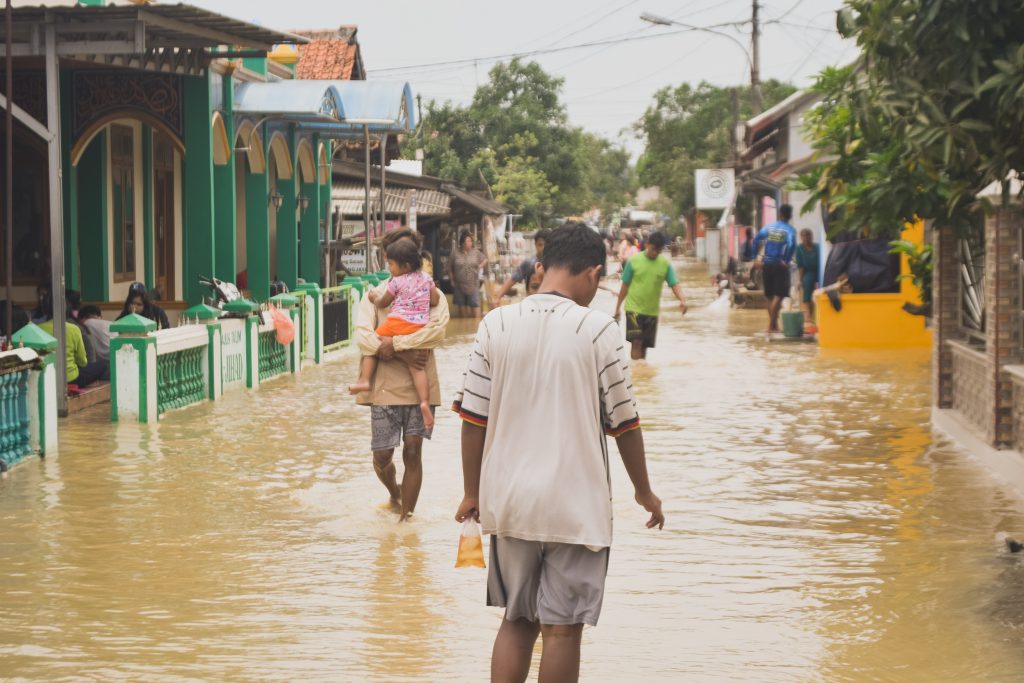
Infographics, resources, and analyses to understand the way climate change and health are closely connected. The increasing frequency of extreme weather events and substantial environmental transformations, primarily driven by climate change, pose significant threats to both physical and mental well-being. These changes have far-reaching implications for safety, affecting people’s access to critical resources such as clean air, safe water, food, and healthcare.